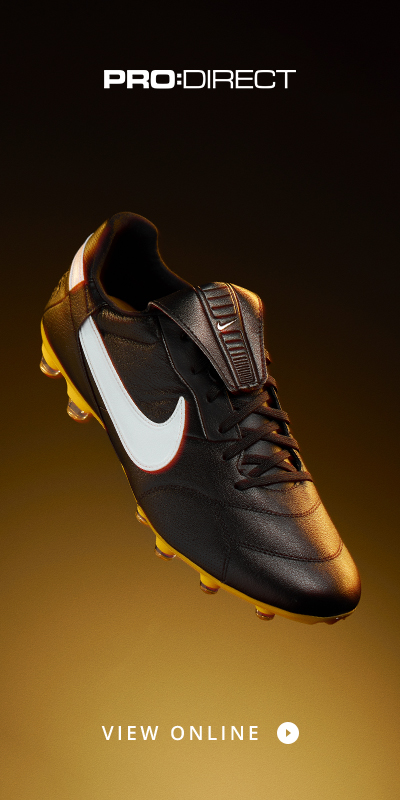Following continual reports of discontent between Barcelona and long-term kit sponsors, Nike, the Catalan club are now reportedly weighing up the possibility of producing their own kits in-house.
All is not well between Nike and Barcelona, that’s no secret. Despite one of the longest partnerships in club football, the pair have struggled on several unspecified points over the last few months, to the point where Barça are now considering terminating their contract with the Swoosh, which should last until June 30, 2028. This has obviously got rival brands circling, with PUMA said to be at the front of a group that contains the likes of New Balance, Hummel, and you’d imagine any brand that thought they’d have a sniff of a chance. But a recent report from Spanish media outlet, Sport, suggests that all these offers may be snubbed by the La Liga side, and they could instead opt to create their own label and produce their kits ‘in-house’.
Part of the reason for this potentially historic choice is reportedly a feeling of ‘good will’ towards Nike and all Barça have achieved with them in the 25 years together. This option would also avoid any sticky legal ramifications for the club in terminating its contract with the brand. But is that realistically enough to outweigh the vast sums that PUMA are said to be offering? Barcelona’s financial situation has been well documented over the last couple of seasons, so to turn down that kind of money would be either brave or foolish. Fine lines.
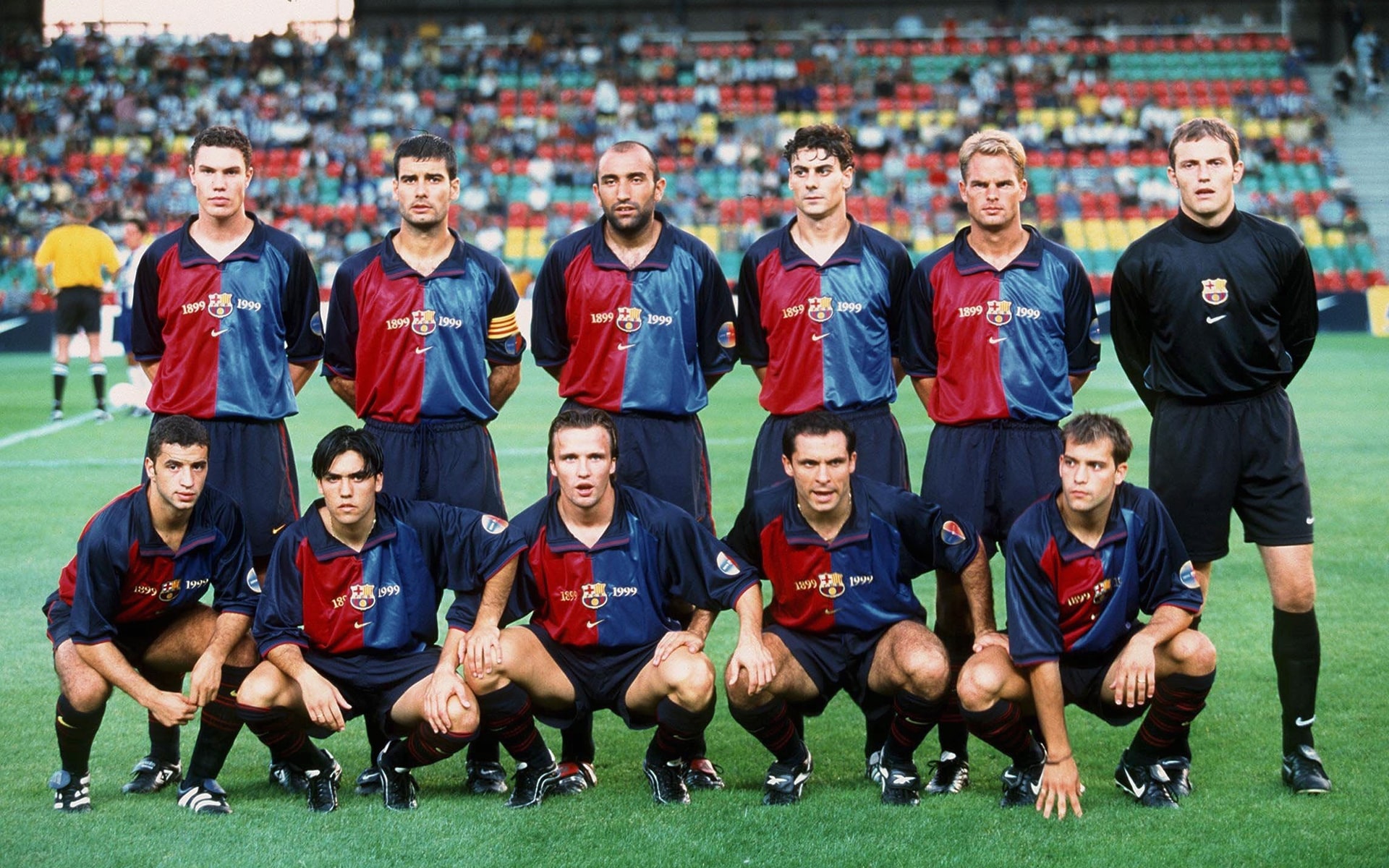
On the surface the idea to produce kits in-house is appealing, with the club likely able to keep 100 percent of the profits from sales, it wouldn’t be without its obstacles. While the manufacturing of the shirts would be the easiest aspect, achievable with a strategic agreement with a world-class textile company, or even through BLM (Barça Licensing Merchandising), which already manufactures and distributes all the club's non-sports clothing, as well as other Barça-branded objects, it’s the distribution that becomes the problem.
To rely only on local distribution would be completely insufficient to reach the sales figures that the club would need to cover Barça material and manufacturing costs. One of Nike's strengths is its ability to distribute its product across the world. If Barça were able to match the current distribution of its product, income would increase but the risk of not reaching current figures also exists.
A clear indicator that this option is not an easy one is the fact that no major European club opts for this strategy.
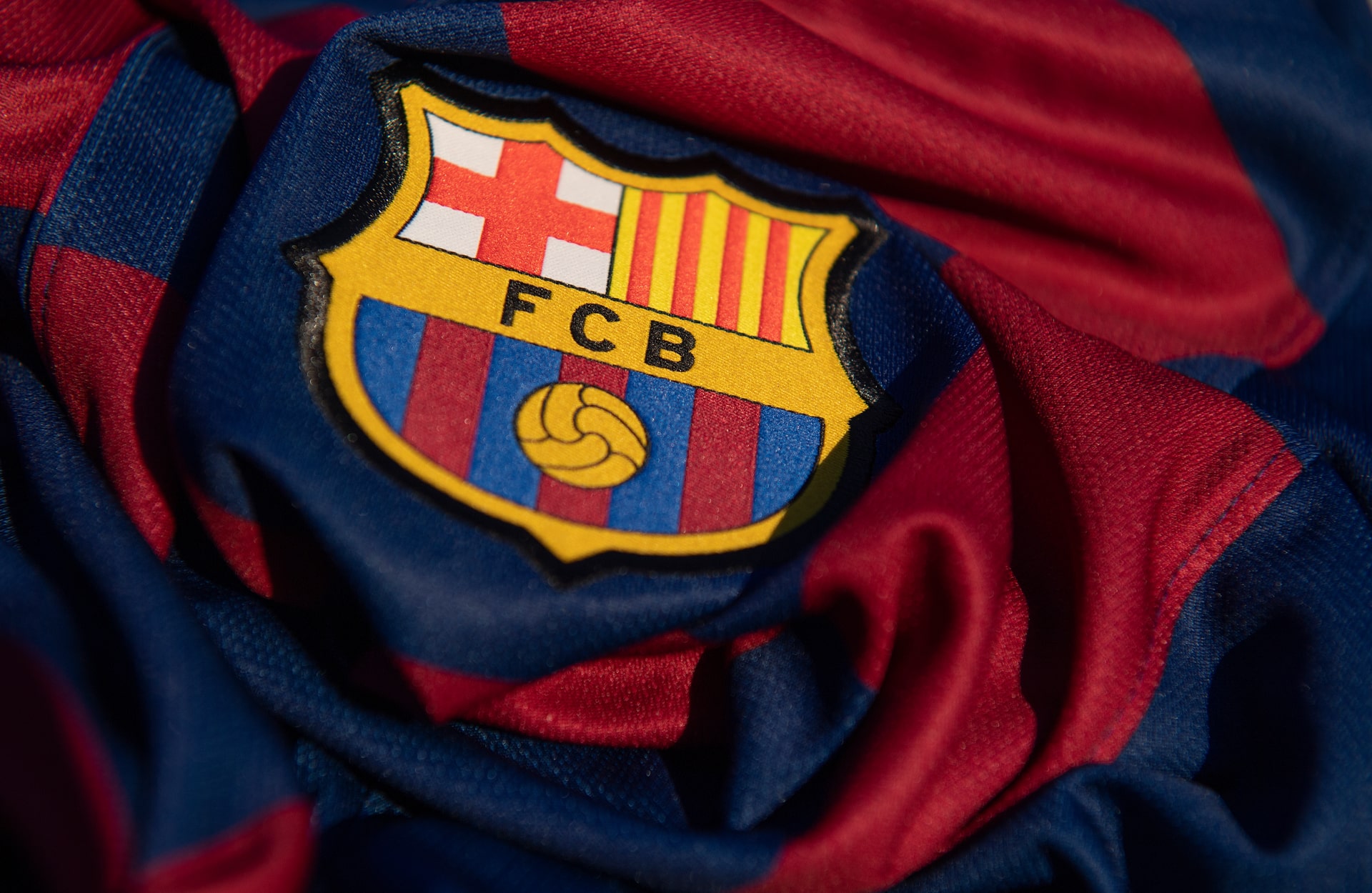
In a recent interview with Rac1, Joan Laporta put on the table the options that the club handles: "There are three options: continue with Nike, accept what the market offers us, which would pay us much more, and there is the option of doing it ourselves through BLM as we do with other types of clothing ," he said. "If you see what it costs to make the shirts and the price at which they are sold... In terms of profitability, creating Barça's own brand is not ruled out, although there are safer options like those paid for by the market.”
Barcelona wouldn’t be the first club in the recent history of La Liga to go down this route. Athletic Club opted to create its own brand and lasted almost a decade in the early 2000s, while Mallorca and Betis did the same, although their ventures did not last as long.
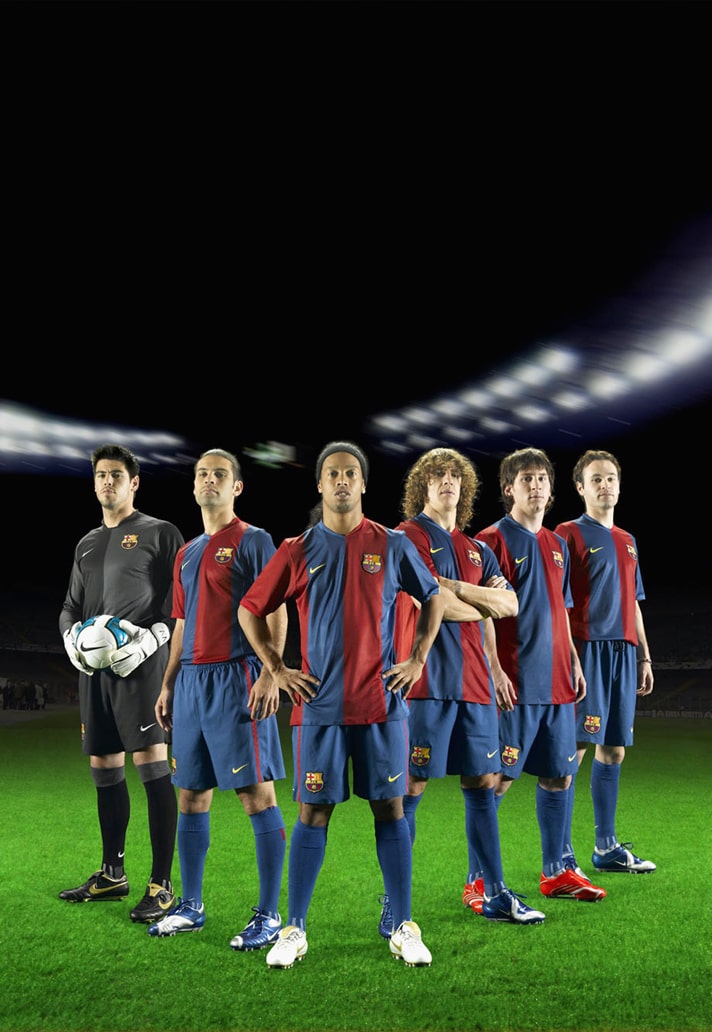
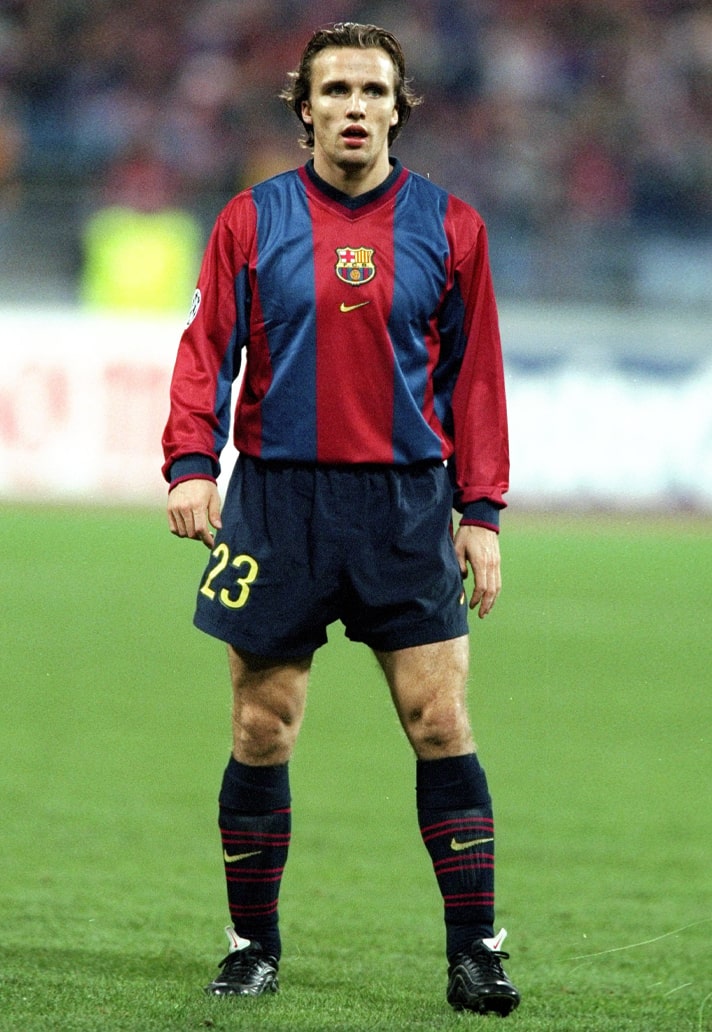
Of course, it could be that Barcelona are simply doing this to get more money from a potential new suitor. Or it could be that they do go down this route to avoid the potential legal costs and ill feeling from Nike. After a couple of seasons of ‘in-house’ kits they could then sign a lucrative deal with a free conscience, and it’s not like the brands would shy away in that time. Either way, it feels like Nike's days with Barcelona are certainly numbered.
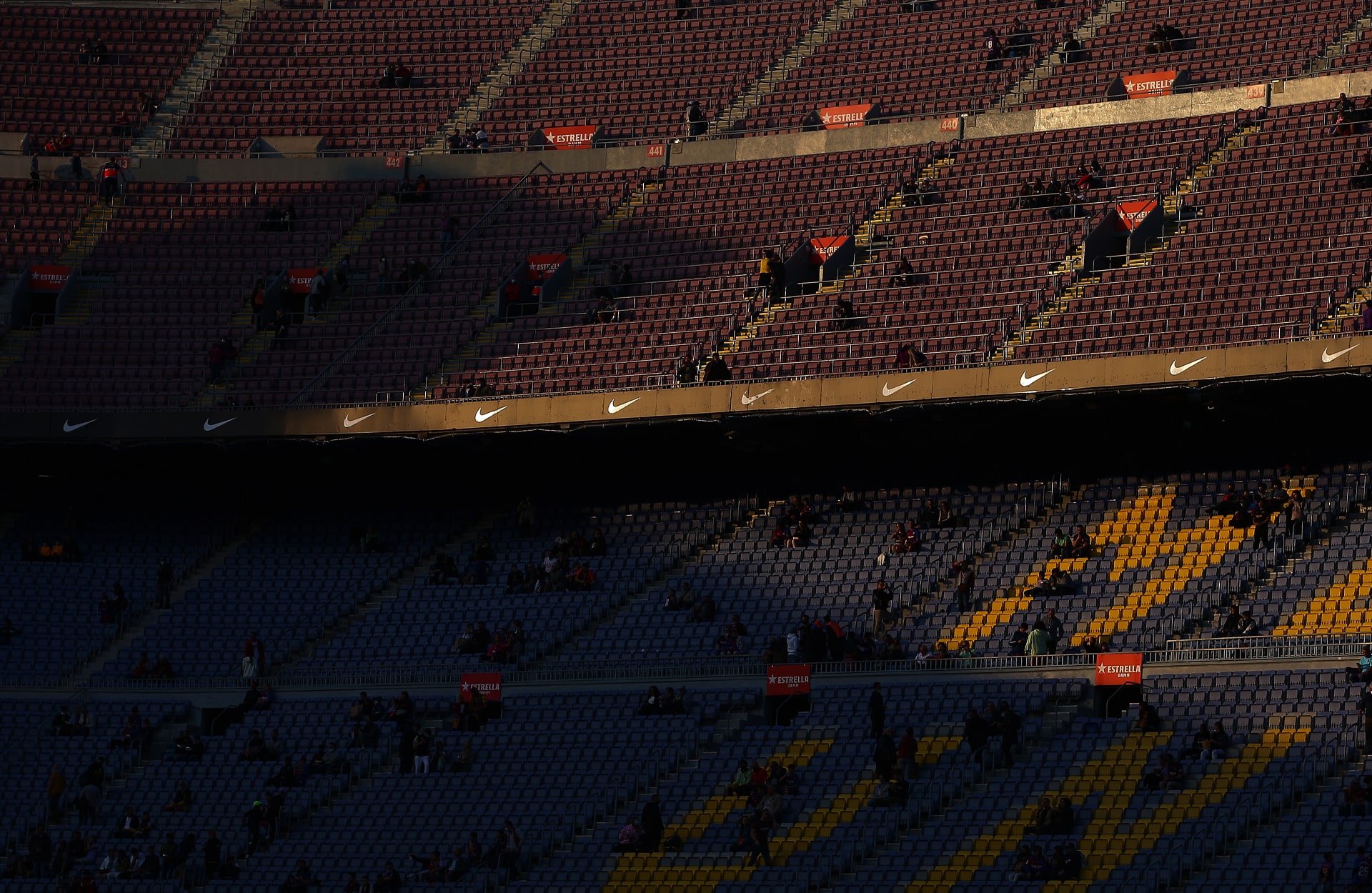
Shop Barcelona replica at prodirectsport.com/soccer

